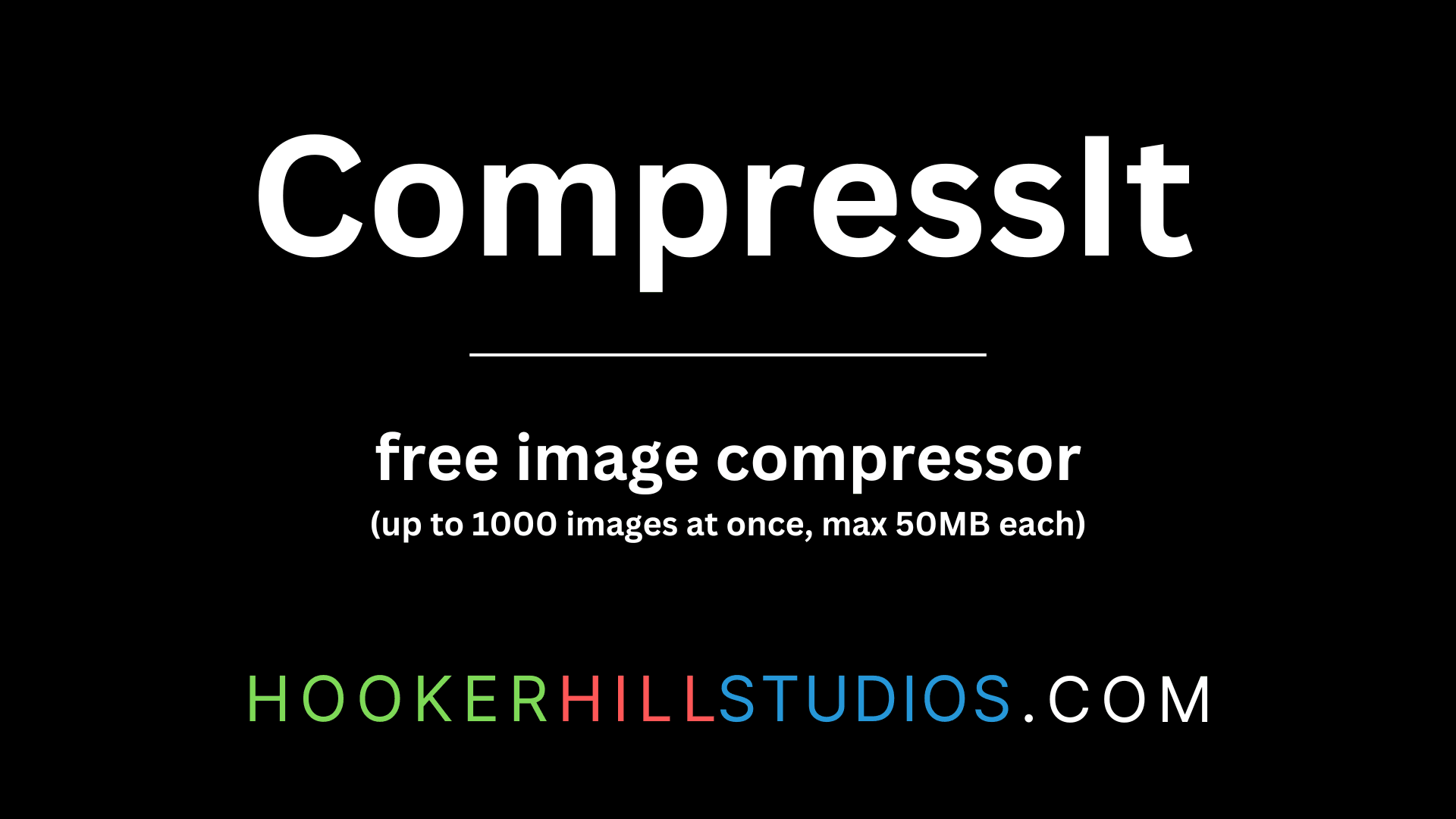Unreal Engine vs Unity 2024: Which Game Development Platform is Best?

Table Of Contents
- Unreal Engine vs. Unity: A Comprehensive Comparison for Game Developers
- Visual Quality
- Unreal Engine
- Unity
- Ease of Use
- Unreal Engine
- Unity
- Programming Languages
- Unreal Engine
- Unity
- Asset Store and Marketplace
- Unreal Engine Marketplace
- Unity Asset Store
- Performance
- Community Support and Learning Resources
- Unreal Engine Community
- Unity Community
- Ideal Use Cases
- Unreal Engine
- Unity
- FAQ
- Resources
- Related Articles
- Conclusion
Unreal Engine vs. Unity: A Comprehensive Comparison for Game Developers
In the world of game development, Unreal Engine and Unity stand out as the two most prominent game engines used by developers across the globe. Each platform offers unique features and advantages that cater to different types of projects and developer preferences. This article delves into a comprehensive comparison of Unreal Engine and Unity, examining aspects such as visual quality, ease of use, programming languages, asset marketplaces, performance, community support, and ideal use cases to help you determine which engine best suits your needs in 2024.
Visual Quality
Unreal Engine
When it comes to visual quality, Unreal Engine is often lauded for its stunning graphics and advanced rendering capabilities. The introduction of Unreal Engine 5 brought groundbreaking features like Nanite, which allows for incredibly detailed environments, and Lumen, a fully dynamic global illumination solution. These innovations enable developers to create visually striking games that push the boundaries of realism. This makes Unreal Engine particularly appealing for AAA game development and projects requiring high-fidelity graphics, such as first-person shooters and realistic simulations.
Learn more about Unreal Engine 5
Unity
On the other hand, Unity has made significant strides in graphics over the years. While Unity may not always match Unreal’s visual fidelity, it offers a flexible rendering system that allows developers to create stylized and visually appealing games without sacrificing performance. Unity’s High Definition Render Pipeline (HDRP) enables developers to achieve impressive visuals for high-end PCs and consoles, while the Universal Render Pipeline (URP) provides optimized graphics for mobile and lower-end hardware. This versatility makes Unity a great choice for a wide range of game genres, including 2D games, mobile games, and indie projects.
Explore Unity Graphics Features
Ease of Use
Unreal Engine
Ease of use is a crucial factor for developers, especially those who are new to game development. Unreal Engine is known for its powerful features, but this can come at the cost of a steeper learning curve. The engine uses a visual scripting system called Blueprints, which allows developers to create gameplay mechanics without needing to write code. While this is a significant advantage for non-programmers, the complexity of Unreal Engine's tools can still be overwhelming for beginners.
Unity
In contrast, Unity is often praised for its user-friendly interface and intuitive workflow. The drag-and-drop functionality, along with a vast library of tutorials and resources, makes it accessible to newcomers. Unity’s C# programming language is also considered easier to learn than Unreal’s C++, making it a preferred choice for many aspiring game developers. Additionally, Unity’s asset store offers a wealth of pre-made assets and tools that can streamline the development process, allowing users to focus on creating their games rather than starting from scratch.
advertisement
Programming Languages
Unreal Engine
Unreal Engine primarily uses C++, which is a powerful language that offers high performance and control over system resources. This can be advantageous for developers looking to optimize their games for performance. However, C++ can be challenging for beginners due to its complex syntax and memory management requirements. That said, Unreal’s Blueprint system helps bridge the gap for non-programmers, allowing them to create complex logic without deep programming knowledge.
Unity
In contrast, Unity uses C#, which is generally considered more accessible and easier to learn than C++. C# has a cleaner syntax and automatic memory management, making it a popular choice for beginners. Unity’s extensive documentation and community support further enhance the learning experience, making it easier for new developers to get up to speed quickly. However, for experienced programmers, the performance limitations of C# compared to C++ may be a consideration when choosing between the two engines.
Asset Store and Marketplace
Unreal Engine Marketplace
The Unreal Engine Marketplace offers a variety of assets, including models, animations, sound effects, and complete project templates. While the marketplace has been growing, some developers find that the quantity of assets is not as extensive as what Unity offers. However, the quality of the assets available on the Unreal Marketplace is often very high, with many assets designed specifically for high-fidelity graphics.
Explore the Unreal Engine Marketplace
Unity Asset Store
In contrast, Unity’s Asset Store is known for its vast selection of assets, tools, and plugins that cater to a wide range of development needs. With thousands of assets available, developers can find everything from 3D models and textures to complete systems and game templates. This abundance of resources can significantly speed up the development process and allow developers to focus on their game mechanics and design.
Performance
Performance can vary greatly depending on the type of game being developed and the hardware it’s running on. Unreal Engine tends to excel in creating high-performance graphics-heavy games, especially for PC and console platforms. However, it may require more powerful hardware to run smoothly.
Unity, on the other hand, is known for its flexibility and optimization for various platforms, including mobile devices. It allows developers to fine-tune performance settings to ensure smooth gameplay, even on lower-end hardware.
Community Support and Learning Resources
Both Unreal Engine and Unity boast large communities and extensive learning resources.
Unreal Engine Community
Unreal Engine has a dedicated community with numerous forums, tutorials, and documentation available to assist developers. The Unreal Engine documentation provides comprehensive guides on various aspects of the engine, while community forums allow users to share knowledge and troubleshoot issues together.
Access Unreal Engine Documentation
Unity Community
Unity also has a vibrant community and offers a wealth of learning resources, including tutorials, forums, and documentation. The Unity Learn platform provides structured courses and projects for developers of all skill levels. The community-driven aspect of Unity makes it easier for developers to find help and collaborate on projects.
Ideal Use Cases
Unreal Engine
Unreal Engine is best suited for:
- AAA game development
- High-fidelity graphics projects
- Complex simulations
- Virtual reality experiences
Unity
Unity is ideal for:
- Indie game development
- 2D and 3D games
- Mobile game development
- Rapid prototyping and iteration
FAQ
1. Which engine is better for beginners?
- Unity is often considered more beginner-friendly due to its user-friendly interface, extensive tutorials, and C# programming language.
2. Can I develop 2D games with both engines?
- Yes, both Unreal Engine and Unity support 2D game development, but Unity is typically favored for 2D projects due to its ease of use.
3. Which engine has better graphics?
- Unreal Engine is known for its superior graphics capabilities, making it a top choice for high-end visuals.
Resources
- Unreal Engine Official Website
- Unity Official Website
- Unreal Engine Documentation
- Unity Learn
- Game Development Stack Exchange - A community for game development questions and discussions.
Related Articles
Conclusion
In conclusion, both Unreal Engine and Unity offer powerful tools for game developers, each with its strengths and weaknesses. Unreal Engine is ideal for high-end graphics and AAA game development, while Unity shines in ease of use and flexibility for indie developers. Ultimately, the choice between the two engines will depend on your specific project requirements, development experience, and personal preferences.
To learn more about Unreal Engine, check out these related articles:
About the Author

Hi, I'm Jared Hooker, and I have been passionate about coding since I was 13 years old. My journey began with creating mods for iconic games like Morrowind and Rise of Nations, where I discovered the thrill of bringing my ideas to life through programming.
Over the years, my love for coding evolved, and I pursued a career in software development. Today, I am the founder of Hooker Hill Studios, where I specialize in web and mobile development. My goal is to help businesses and individuals transform their ideas into innovative digital products.
Read Recent Articles
Recent Articles
View All
CompressIt - Fast & Efficient Image Compression Tool for Web Optimization
December 02, 2024




to join the conversation